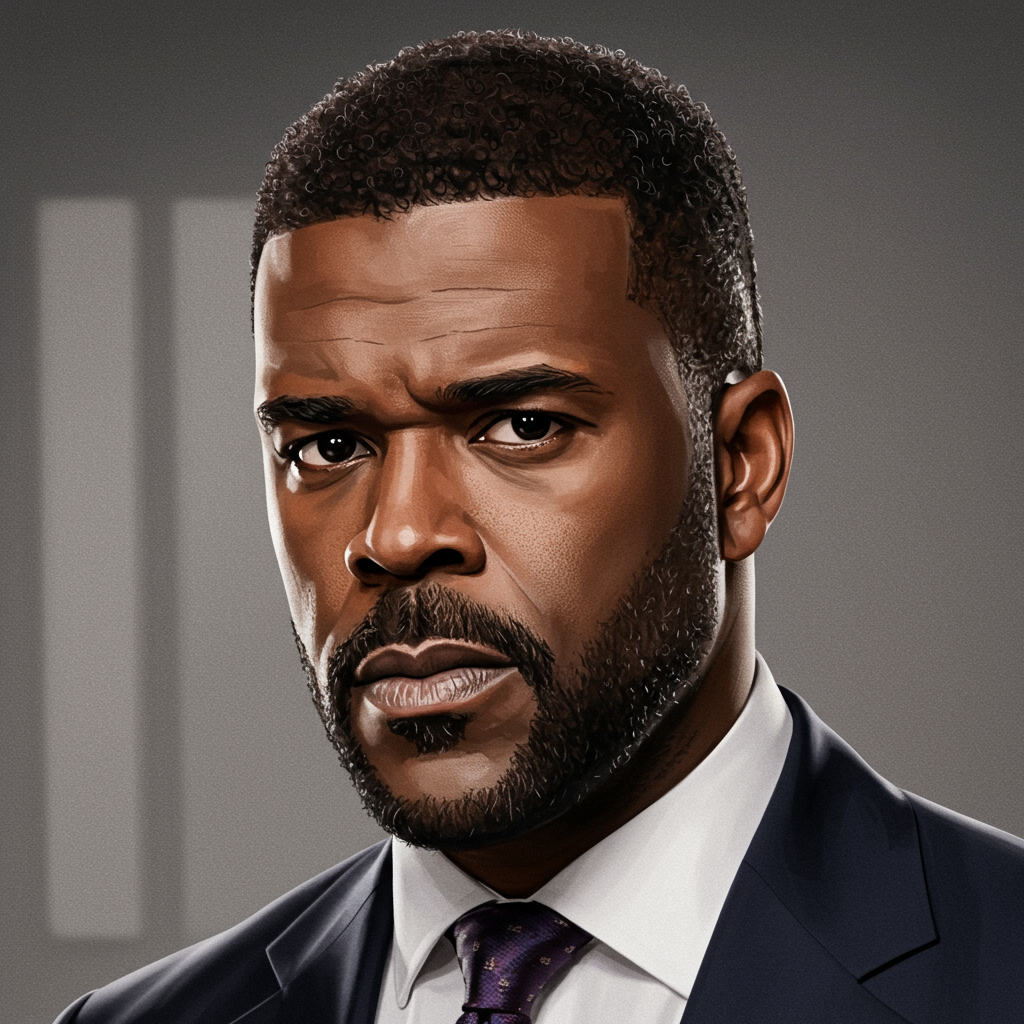Sean “Diddy” combs, the hip-hop mogul, faced a high-stakes federal trial in New York City. Prosecutors aimed to convict him on severe charges: racketeering conspiracy and sex trafficking. Yet, after weeks of testimony and deliberation, the jury delivered a verdict clearing him of these most serious counts. He was found guilty only of lesser charges related to transporting individuals for prostitution under the Mann Act.
This outcome raises a crucial question: How did federal prosecutors from the renowned Southern District of New York (SDNY) miss their mark on the core allegations? Legal experts analyzing the trial point to several factors. They suggest the prosecution’s strategy, while ambitious, struggled to meet the high legal burden required for these complex charges.
The Ambitious Prosecution Strategy
Prosecutors presented a “bold gambit,” attempting to frame Combs’ extensive business empire, Bad Boy Entertainment, as a sophisticated criminal enterprise. They argued this structure, akin to organized crime, used violence, threats, and payoffs. The goal was to show Combs and his associates engaged in a pattern of illegal activity. This pattern, or “predicate acts,” allegedly included sex trafficking, forced labor, kidnapping, arson, bribery, and obstruction of justice.
The prosecution detailed harrowing allegations during the trial. Witnesses described “Freak Offs” and “hotel nights”—events allegedly organized by Combs. These accounts often involved drugs like ketamine and GHB. Prosecutors claimed Combs used force, fraud, or coercion to compel participation in these acts. A key piece of evidence was the 2016 hotel surveillance video showing Combs assaulting his then-girlfriend, Cassie Ventura. The prosecution also alleged Combs paid a hotel security guard $100,000 to suppress this footage, arguing this demonstrated conspiracy and obstruction.
Proving Racketeering: A High Hurdle
Racketeering conspiracy, often called a “RICO” charge, targets individuals involved in ongoing illegal schemes. Proving it requires showing a structured criminal enterprise. Jurors must find that defendants agreed to commit at least two related criminal acts within a specific timeframe (typically 10 years).
Legal analysts highlight the inherent difficulty of RICO cases. They are commonly associated with organized crime structures with clear hierarchies. CNN legal analyst Joey Jackson noted that typical RICO trials involve testimony from lower-level associates confirming orders from the top. In the Combs trial, Jackson observed, the prosecution lacked direct testimony from individuals within Combs’ alleged “inner circle” admitting they were directed to commit specific crimes like arson or bribery as part of the enterprise. The defense effectively highlighted this lack of direct co-conspirator testimony.
Was It an Overcharge?
Many legal experts believe the racketeering charge was an overreach from the start. CNN senior legal analyst Elie Honig, a former federal prosecutor, stated the prosecution needed to prove an organized, ongoing criminal operation with structure and multiple crimes. Honig felt they simply did not have that proof. He acknowledged that evidence might suggest Combs was abusive or engaged in domestic violence. However, Honig emphasized, these behaviors, while potentially criminal under other statutes, do not automatically constitute racketeering.
Similarly, former federal prosecutor Neama Rahmani and defense attorney David S. Seltzer argued the SDNY attempted to apply stringent “mobster-like charges” where the evidence only supported lesser offenses. They contended that while Combs’ conduct might have been abusive and involved voyeuristic sex acts, it didn’t fit the legal definition of a “Mafia-like criminal enterprise” required for RICO.
The Challenge of the Sex Trafficking Charges
Combs faced two counts of sex trafficking by force, fraud, or coercion. One related to Cassie Ventura and another involving a witness identified as “Jane.” Both women provided emotional and disturbing testimony about their experiences.
Successfully prosecuting sex trafficking often hinges on proving coercion within a dynamic. Maria Cruz Melendez, who secured a racketeering conviction against R. Kelly, was unsurprised by the acquittal on these charges. She noted the jury needed convincing proof that coercion, not consent, drove the women’s actions.
A significant challenge for the prosecution was the nature of the relationships. Both Ventura and Jane were in long-term, consensual relationships with Combs, spanning years. Experts like Jackson and former federal prosecutor Alyse Adamson called this “unconventional” for sex trafficking cases. Adamson pointed out that the line between consent and coercion can be “thin” in such contexts. The defense effectively exploited this ambiguity during cross-examination. They argued the women wanted to be with Combs, were in open relationships, and their presence at events like “Freak Offs” was not solely due to violence or fraud. They highlighted text messages and gifts the women received, suggesting mutual involvement or motives beyond pure coercion.
The Defense Strategy Pays Off
Combs’ defense team, led by Marc Agnifilo and Brian Steel, opted for a focused strategy. They chose not to call defense witnesses, moving directly to closing arguments. Their primary tactic was to aggressively cross-examine prosecution witnesses. They challenged the timing of abuse reports and questioned why the women remained with Combs or accepted gifts.
Crucially, the defense argued their client was significantly overcharged. Agnifilo characterized Combs’ lifestyle as “swinger” and acknowledged “domestic violence,” even stating Combs “owns” the assault shown in the video. However, they adamantly denied the racketeering and sex trafficking allegations. The defense successfully argued that while Combs’ behavior might have been morally reprehensible or abusive, it did not meet the technical legal definitions of the severe federal crimes he faced. New York Law School professor Anna Cominsky praised the defense for successfully “owning” the “bad facts” (like the video) and strategically fighting the case on the core legal elements required for the top charges, particularly proving the existence of a criminal enterprise.
Expert Reactions and Trial Costs
The verdict is widely viewed as a significant blow to the SDNY, an office known for its success in complex cases. Elie Honig remarked that his “vaunted” former office “got their teeth kicked in.” Many experts attributed this outcome to overcharging.
The trial was also incredibly expensive. Estimates suggest Combs spent over $10 million on his defense. The multi-agency investigation, including FBI and Homeland Security, likely cost taxpayers millions more. Rahmani labeled it potentially the “most expensive prostitution trial in American history.”
Despite the defense’s legal victory on the most serious charges, experts note Combs suffered immensely in the “court of public opinion” due to the graphic and disturbing testimony presented. Victim advocates expressed deep disappointment, fearing the verdict could create a “chilling effect” on future prosecutions of powerful individuals and hinder progress in public understanding of sex trafficking dynamics. Women’s rights attorney Ann Olivarius criticized the outcome and the defense’s framing of relationships as “modern love” despite abuse evidence.
Ultimately, while Combs avoided a potential life sentence from the RICO charge, the mixed verdict highlights the challenges inherent in applying complex federal statutes to unique circumstances and the critical role of meeting the specific legal burden of proof in court.
Frequently Asked Questions
What were the most serious charges Sean ‘Diddy’ Combs faced in the trial?
Sean ‘Diddy’ Combs faced federal charges including racketeering conspiracy (RICO) and sex trafficking by force, fraud, or coercion. These were the most severe counts against him and carried potential life sentences. The prosecution alleged he led a criminal enterprise involved in various illegal activities.
Why did prosecutors fail to convict Combs on the racketeering and sex trafficking charges?
Legal experts cite several reasons. Proving racketeering requires demonstrating a structured criminal enterprise and a pattern of specific crimes, which was challenging without direct testimony from alleged co-conspirators. For sex trafficking, the long-term nature of relationships between Combs and key witnesses blurred the line between consent and coercion, a point the defense exploited effectively. Many analysts also believe the prosecution overcharged the case.
What was the final outcome of the Sean ‘Diddy’ Combs trial?
Sean ‘Diddy’ Combs was acquitted of the most serious charges: racketeering conspiracy and sex trafficking. He was found guilty on two lesser counts related to transportation for prostitution under the Mann Act. He remains in custody awaiting sentencing, facing a maximum of 10 years per count, with sentencing guidelines suggesting a range of approximately four to five years.


